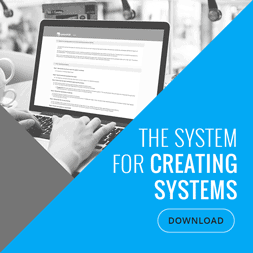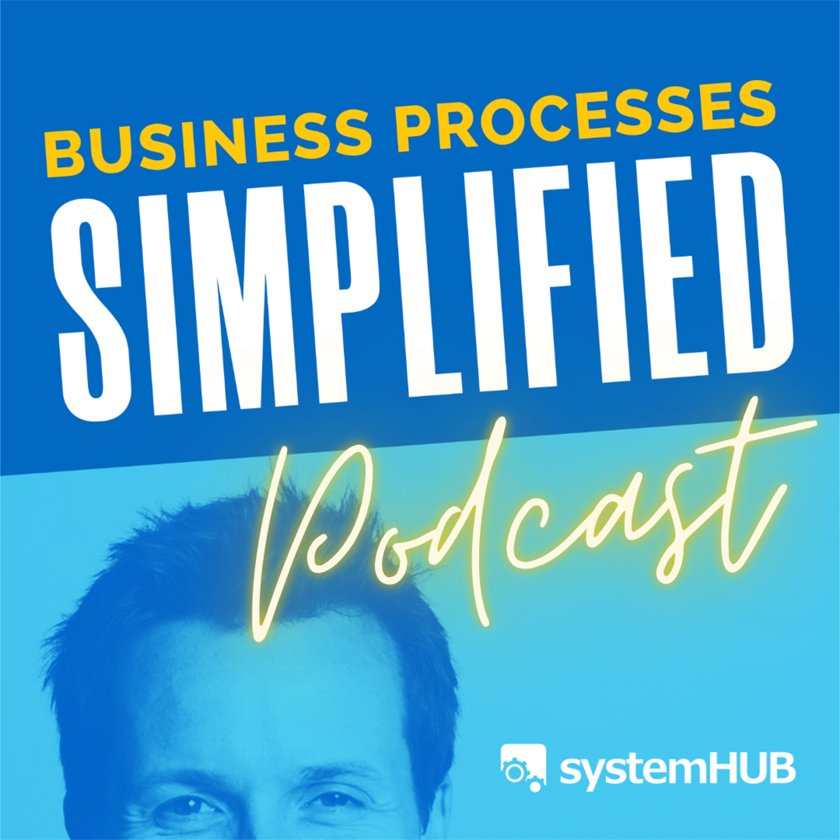You’ve heard it before: “Systems are key to success.”
But what do you do when your employees don’t agree?
Don’t worry resistance is normal, and you can overcome it.
It’s about understanding your employees’ perspective and providing the right onboarding and training to get them to see the benefits of systemising.
Different team members need different training depending on what’s important to them.
If done right, your employees could go from “I can’t systemise” to “I am confident with systems, this is how we do things here.”
In this video, David Jenyns talks about what we can do to overcome employee resistance to systems.
Timestamps:
0:09 Overcoming resistance to systemisation.
1:04 Explaining the benefit of systemising to the team.
1:43 The team doesn’t know how.
2:20 Over time, you’ll develop a hiring process.
3:03 Making systems the easier option
3:45 Once you have minimum viable systems in place.
Formatted Transcription:
You might face resistance from your employees when implementing systems because they think systems are complicated and difficult to use. Let’s change that picture, let’s make them fun. Let’s understand that there’s a process here.
You’ll go from unconscious incompetence to conscious incompetence, to conscious competence, to conscious incompetence. You’ve probably heard this idea before.
We want to do the same in systems. You want to go from “I can’t systemise” to “I learn about systems”, to “I practise and build systems” to “I am confident with systems and this is just how we do things here.”
That’s the goal, when the team realises that this is how you do things. But how do you do that? There’s going to be some resistance up front, but you can overcome any resistance by thinking about a few things.
Most resistance comes from the fact that the team doesn’t know what the benefit of systemising is to them or why we are doing it. This is a huge part of overcoming resistance. Help them understand the benefit of systemising to them individually.
How do systems make their jobs easier? Why are we systemising? How does that give them job security? How does that make the business stronger? Which means even in times of recession, we don’t need to lay them off because our business is efficient and running smoothly and we can weather all storms. There’s a real benefit to why you want to have those systems.
Another reason you get resistance is that your employees don’t know how. Maybe you haven’t had the right onboarding, you haven’t introduced them to it, or you haven’t sold them on the idea of why systems are important, this is really overlooked.
Some training is specific for some team members. Different team members need different direction and training to understand the pieces that are important to them. Onboarding and training is critical, and over time you build out your process for the way that you hire. The reason this gets easier down the track is because if you hire people right up front, you set the expectations, and you let them know that you’re a systems driven company.
Building out a recruiting system and having the right training helps to overcome the resistance. Systems is about making your team more efficient and making their job easier. That’s the whole idea of systemising.










